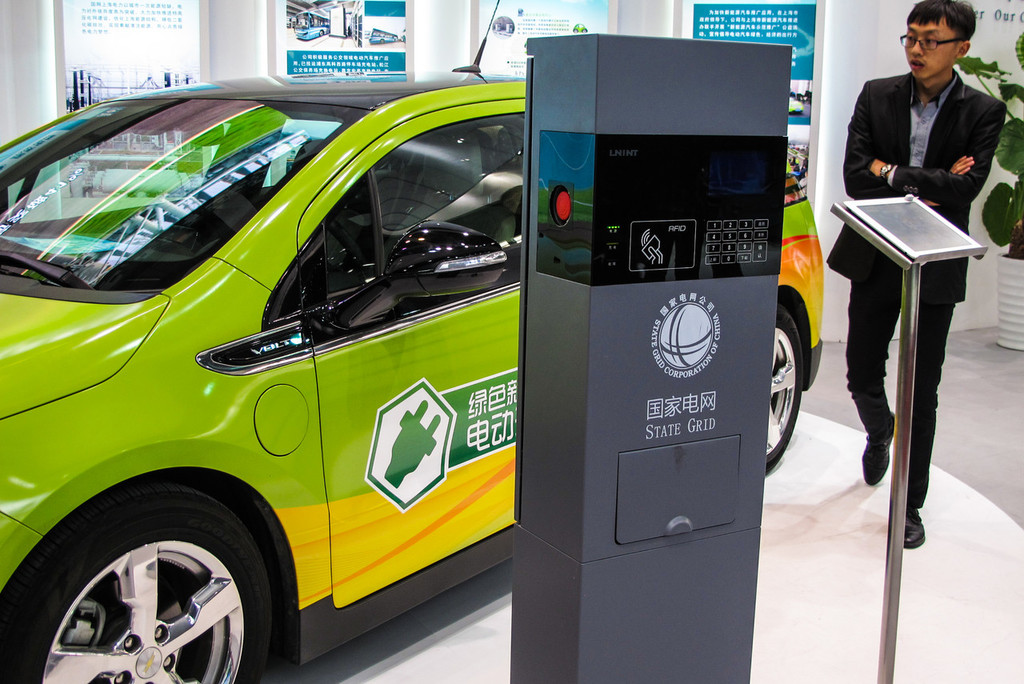Anticipating on-demand, smart mobility is on its way, Chinese internet companies and major domestic automakers have agreed to establish a limited partnership with RMB 9.76 billion (US$1.46 billion) to invest in promising startups in this field.
E-commerce giant Alibaba and social giant Tencent, through their respective investment vehicles, along with three other limited partners, plan to inject RMB 2.25 billion in the partnership to be named Nanjing Lingxing Equity Investment, a filing by Shenzhen-listed Chongqing Changan Automobiles shows. The investment will buy them a 23.06% stake.
The rest comes through an investment arm of retail giant Suning, who is on board with RMB 1.7 billion; Changan itself with RMB 1.6 billion, taking up a 16.39% stake; two other automakers, Hong Kong-listed Dongfeng Motor Group and State-owned China FAW Group will each invest the same amount; and some other investors.
Ever since Didi Chuxing, as a company with no cars, shook up the automobile industry by allowing people who don’t own a car to move about easily, automakers have had to adjust as more people worldwide prefer on-demand mobility services than owning a vehicle.
Global consulting group PwC predicted that the market for shared on-demand vehicles (Mobility as a Service/MaaS) in the United States, the European Union, and China will be worth $1.4 trillion by 2030.
By then, the Chinese market could have exceeded the US market, which was worth US$250 billion in 2017, PwC predicted.
Although the market is promising, neither automakers nor internet companies have the absolute upper hand here, which has encouraged a trend towards cooperation between the new industry and the old.
Tencent’s subsidiary announced on Jan 31 it would form a joint venture with Guangzhou Automobile Group to establish a mobility platform.
A couple of days earlier, Didi set up a new joint venture with Beijing Electric Vehicle Co., the largest Chinese electric vehicle (EV) maker, to push towards greener transportation.
Alibaba in September announced three mobility-related partnerships that would shortly bring self-parking vehicle systems, upgraded car-to-home artificial intelligence services, and new AliOS-equipped automobiles to market. Alibaba is also a major investor behind EV maker Xiaopeng Motors.
Baidu is leading in autonomous driving, teaming with various automakers to upgrade its Apollo system.
Editor: Nadine Freischlad
